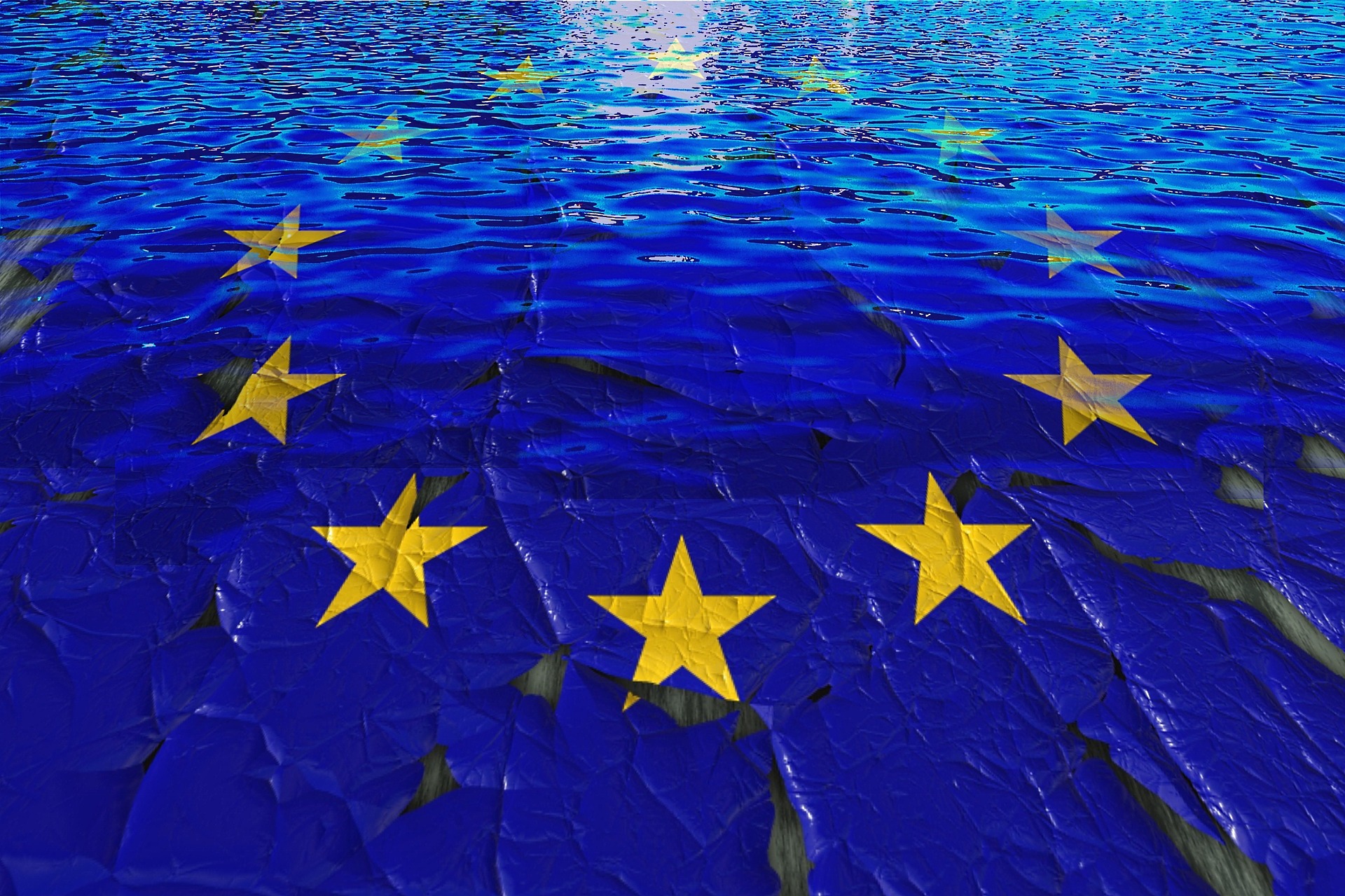A senior UN official has praised the Arab Digital Economy vision backed by President Sheikh Mohamed bin Zayed, calling it a leading regional model for accelerating digital development.
The initiative, adopted by the Arab League, was described as a significant milestone for collective progress, rather than fragmented national efforts.
Speaking at the Knowledge Summit in Dubai, Dr Abdallah Al Dardari noted that the UAE has secured a central position in global and regional technological advancements through forward-looking policies and a strong commitment to innovation.
He argued that the country’s digital achievements provide an ideal foundation for Arab nations aiming to strengthen their own digital ecosystems.
Moreover, he highlighted the UAE’s combination of advanced infrastructure, modern legislation and innovation-friendly conditions, adding that its experience offers valuable guidance for states working to build integrated digital economies that can respond to rapid global change.
Dr Al Dardari concluded that the UAE’s role in driving regional and international development offers a model for a future economy shaped by knowledge and technology, rather than traditional growth approaches.
Would you like to learn more about AI, tech and digital diplomacy? If so, ask our Diplo chatbot!








